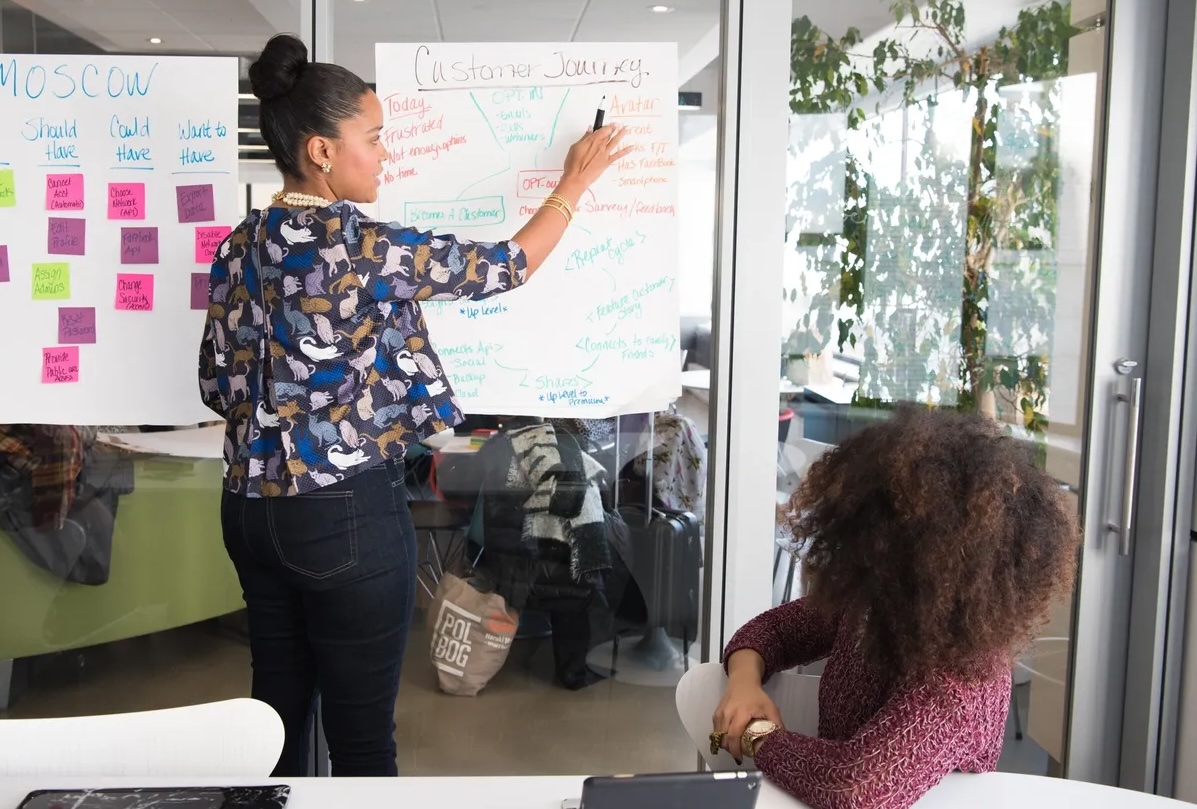ImpactAlpha, June 6 – “At its core, the metrics discussion is a myth because while everyone talks about it, professes to have seen it and debates its importance, impact metrics remain ephemeral, a force living in some deep wood, visions of which are obscured by branches, brush and bullshit.”
Jed Emerson penned “The Metrics Myth” back in 2015. It was a full-throated indictment against the impact investing field’s lack of sincerity when it came to the collection and utilization of actionable impact data. Much of it still rings true. If you want to want to watch a panel of impact investors engage in circular, evasive, and tongue-tied banter, all you need to do is ask “how do you actually measure impact?”
To be sure, the industry has spent time and effort developing frameworks and software and has consultants at the ready. However, most of these tools are built for those with relatively conventional approaches to impact investing. By conventional, we mean those that retain traditional asset allocations across public and private investments and are looking to perform standardized impact accounting across an entire portfolio. High level metrics, such as the number of individuals served or the units of a product sold, might be sufficient for this type of reporting.
>>GO DEEPER. ImpactAlpha’s Measure Better series explored Acumen’s Lean Data approach.
This, however, is not a fit for us at Ceniarth. As we continue to divest from a traditional asset allocation and rotate the vast majority of our capital into private, impact-first managers and enterprises, we are trying to answer very nuanced questions about outcomes and impacts. As we have outlined in previous articles, we primarily pursue investments in places where market-rate capital is not appropriate. As such, we are quite explicitly buying impact. We want to be the smartest consumer that we can be.
This means gaining a detailed understanding of the customer demographics that enterprises are serving to ensure that they are targeting populations in deepest need. This also means soliciting direct customer feedback on satisfaction and how certain solutions might compare with competing interventions. Our goal is not simply to fund enterprises that are having an impact, but to ensure that those impacts are delivered efficiently, sustainably, and without unintended consequences.
This type of detailed, field analysis is not a new idea. The development sector has been conducting randomized control trials (RCTs) for decades to determine the effectiveness of philanthropic interventions. These studies produce accurate, voluminous data, but are extremely costly to administer. It is an impractical approach to assessing impact when the amount of capital deployed is relatively small.
Enter Lean DataSM or, as it is now known as a stand-alone, private, spin-off of Acumen, 60 Decibels. The Lean Data methodology is able to collect accurate impact data at a cost far below traditional RCTs by making use of the growing ubiquity of mobile phones to directly survey low-income customers. Originally developed five years ago as a tool to assess Acumen’s own portfolio, the company has now worked on behalf of over 150 social enterprises and serves a growing list of investors including Omidyar Network, CDC Group, Global Partnerships, the UK Department for International Development (DFID), and, recently, us at Ceniarth.
Our work with 60 Decibels has initially centered on evaluating a select set of our borrowers, agricultural social enterprises that focus, in one way or another, on increasing smallholder access to high quality inputs. The early results have been encouraging in their detail and illuminating in their conclusions. For example, we have been able to visualize the comparable customer demographics of different enterprises relative to national averages.

This means that in a country like Kenya, where there are a growing number of options for farmers, we can determine which enterprises are genuinely pushing deeper down the poverty spectrum. In addition, we are able to get a clearer picture of customer satisfaction and impact on livelihoods. Rather than assuming that the purchase of a good or service should be considered a positive impact, the Lean Data process allows us to ask customers if these solutions are actually changing their quality of life.

In the long-run, it is data like this that will allow us to reallocate scarce, low cost capital to the enterprises, and fund managers, serving those in greatest need with solutions that are explicitly desired by customers. For us, at Ceniarth, there could be no clearer definition of what those of us in the impact-first investing business should be doing.
Encouraged by our experience as a 60 Decibels client, we decided to lead the company’s just-completed, first investment round of $1.7M. The investment represents a very rare use of early stage, equity capital for us. We were motivated to move outside our normal modality of investment by the opportunity to support a platform that we think can be transformational to the sector’s ability to more objectively direct impact capital. We are proud to be both a 60 Decibel’s client and investor and hope to see continued progress on clearing the “branches, brush, and bullshit” that obscure us all from best serving communities in need.











